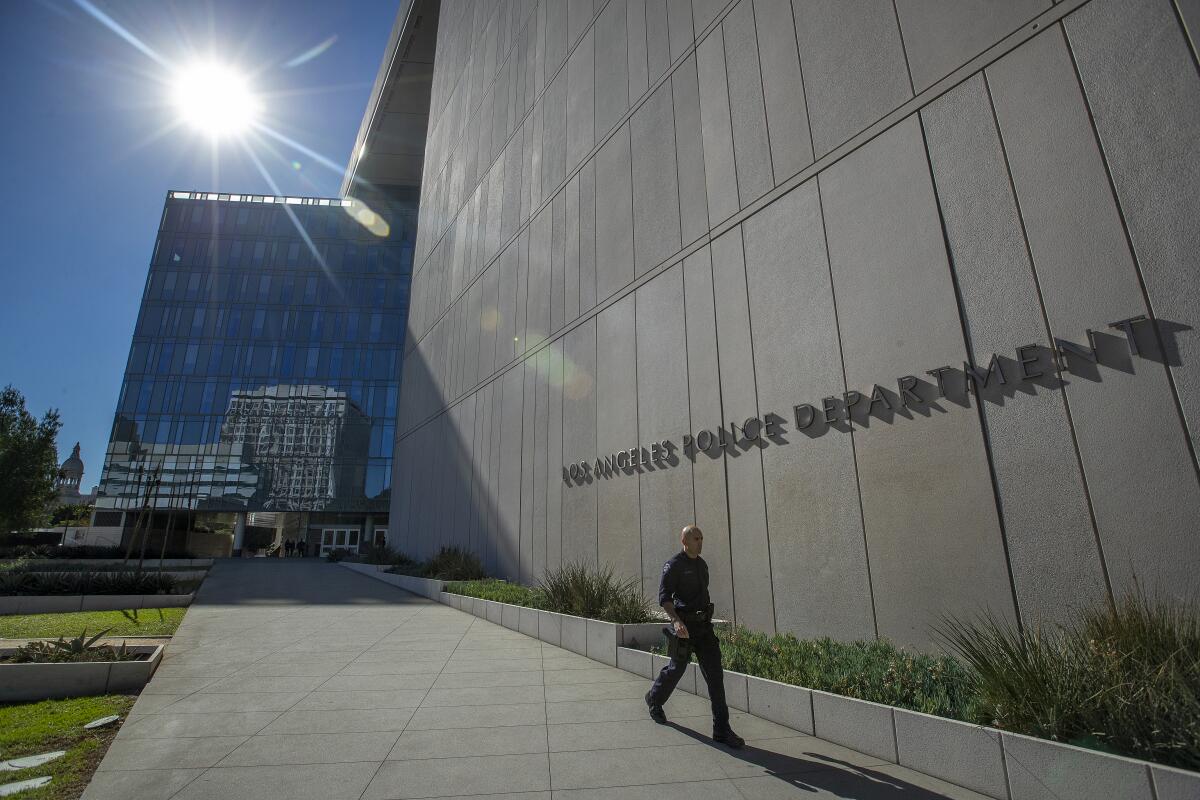I had some fun playing with plaster of Paris this weekend at the EncounterQuest convention in Rockingham, NC. We were learning how to cast prints using the plaster so that – should ever come across Bigfoot tracks – we can properly capture them. I don’t know much about Bigfoot but I have always wanted to work more with plaster so why not?
ROCKINGHAM — Several attendees of EncounterQuest had the opportunity to learn how to cast footprints and meet the speakers on Friday evening prior to Saturday’s conference.
Jay Wolber, co-host of the “Cryptids of the Corn” podcast led the plaster casting workshop at the Hinson Lake Rotary Lodge. Wolber was joined by researcher Jake Dressel, of Dayton, Ohio, who was filling in for podcast partner Justin England.
While going over the casting procedure, Dr. Jeff Meldrum — professor of Anatomy and Anthropology at Idaho State University, who has a collection of more than 300 suspected sasquatch prints — noted that his book, “Sasquatch Field Guide,” has illustrated step-by-step instructions for casting.
Following the instructional portion of the workshop, the crowd moved outside to practice casting their own footprints in soil or sand.











